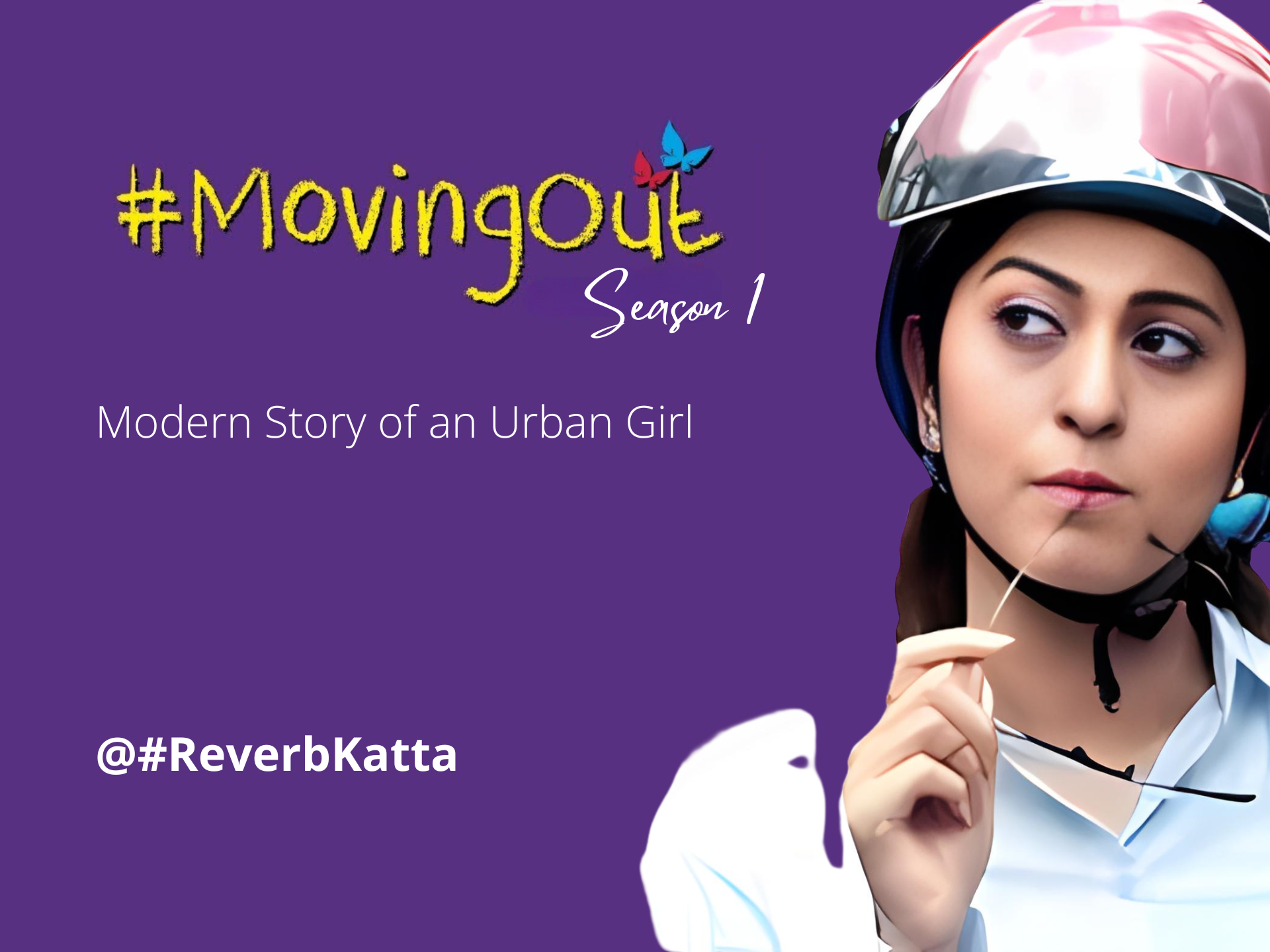During the years of traditional television, brands could run advertisements based on their marketing budget. There was a captive audience hooked to their favorite show, and it was okay for the show to be interrupted with a series of advertisements.
With the advent of digital mediums, viewers are spoiled with choice because of easy access to multiple platforms to consume content from. Content is no longer linear, and very few people watch advertisements by choice.
This has posed a big challenge for brands. New ways of delivering advertisements are needed.
People want either to be entertained or educated. So if this is the only type of content that people are watching, then it is important that advertisement and marketing fit into one of these two categories without interrupting the viewing experience.
There are a few ways of achieving this:
- Brand or Product Placements in Entertainment Content:
In this method, the product or the brand name, color, or experience is placed in the viewing frame of the entertainment content. This subconsciously registers with the viewers. For example, the Marathi web series Moving Out, season two, episodes 4 and 5, were shot at Multifit Gym. There is no mention of the brand or calling out its virtues or features like a typical advertisement would. The features and brand are unmistakably present and register with the viewer. There is no impact on the entertainment value of the content but, at the same time, presents the brand in a very positive way. - Brand Integration:
In this case, the product or its features are subtly but unmistakably integrated into the content. There are several examples of such integration. An entire series of five episodes, which tells stories of senior citizens who built a second career post-retirement by converting their passion into a source of income, was created for Sriram Finance and hosted on their YouTube channel. In some of these episodes, the characters actually say that they had achieved financial independence because of their prudent investment in Sriram Finance’s fixed deposit schemes. There are, of course, more subtle ways of integrating products and their features, usually left to the ingenuity of the content producers. - Brand Associations:
This has been popular even during the time of linear television. For example, IDEA sponsored the very popular music reality show called Sa Re Ga Ma Pa. People still remember it as IDEA Sa Re Ga Ma Pa. Another example from the digital world is Royal Stag sponsoring the YouTube channel Large Short Films. This channel has very high-quality short films. Each short film begins with the branding of Royal Stag shown for a few seconds. Thereafter, there is no interaction with the entertainment content. - Multi-Brand and Multi-Medium Integrations:
A great example is a cooking show called Twist Eat. Ram Bandhu Masala is the title sponsor of this series. All the recipes use spices by the title sponsor. All the costumes worn by the anchor and the chef are sponsored by C’Lai. Maharashtra Times newspaper printed the list of ingredients and the procedure with a QR code to the specific YouTube episode. In that episode, the viewers were pointed to the printed article for the list of ingredients. Taking the integration further, viewers could order the food presented in the episode simply by calling Avanti Foods for instant gratification.
With changing viewing habits, it is very important that advertisers partner with the right production house that can help them develop such innovative solutions.
We at Reverb Productions have been creating such brand-integrated entertainment content that targets the desired demographics. Visit www.reverbproductions.in to know more.



